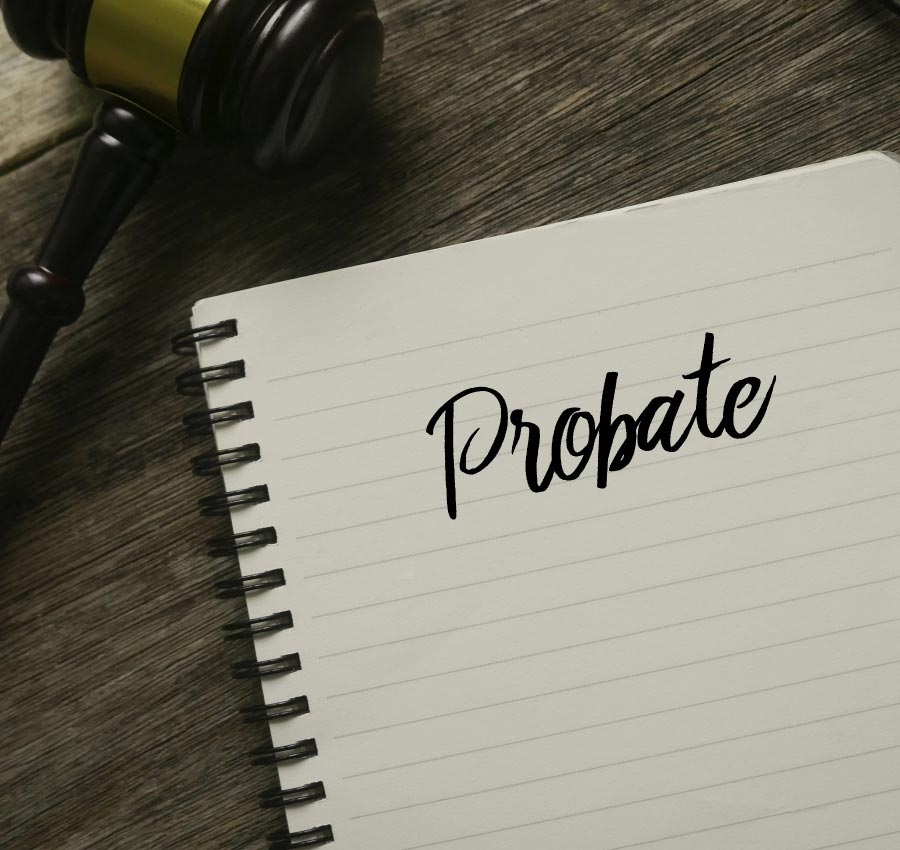Where trust and business law intersect
NM Law, APC, was incorporated in 2006 and is dedicated exclusively to the fields of Trusts & Estates and Business Transactions.
Because we have dedicated our practice to these two areas we are able to provide efficient, well-informed and coordinated advice to our clients for all transactions including, estate planning, business succession planning, trust administration, business formation/restructuring, contract negotiation, acquisitions and other similar matters.
About UsFamily Matters
 Estate Planning
Estate Planning
Our estate planning attorneys are driven by your objectives, not ours. We work hard to honor and fortify your legacy.
 Probate
Probate
Probate is a complex and at most times a difficult process. Courts are back logged for months and there is no end in sight given the budgetary constraints of the State and the aging population. We pride ourselves in taking away the pain and stress of this challenge from our clients, at what is already a difficult time.
 Trust Administration
Trust Administration
What do attorneys do in the trust administration area? Are you wondering what role attorneys play in the trust administration area? Attorneys handle issues with both corporate clients as well as individual trustees.
 Conservatorship
Conservatorship
Hi. So today I’m going to give a brief overview of what a conservatorship is here in California. Conservatorships became a particularly hot button item in the news in 2021 because of Britney Spears and her efforts to terminate..
Trust & Probate Disputes
N.M Law understands that the last thing people want to do after the death of a loved one is fighting with others over their loved one’s estate or trust. There are times, however, when compromise is impossible or a wrong needs to be made right.
Read More
Business Matters
Testimonials
Charities We Support
We dedicate pro bono time, volunteer services, and a percentage of our gross revenue to these organizations. In 2023, we sponsored a refugee family of five to come to the United States and start a new life.
Each year our law firm decides as a group which charities to assist with our time, money, and expertise. Please feel free to click on any of the charities below and make a donation of your own.
























